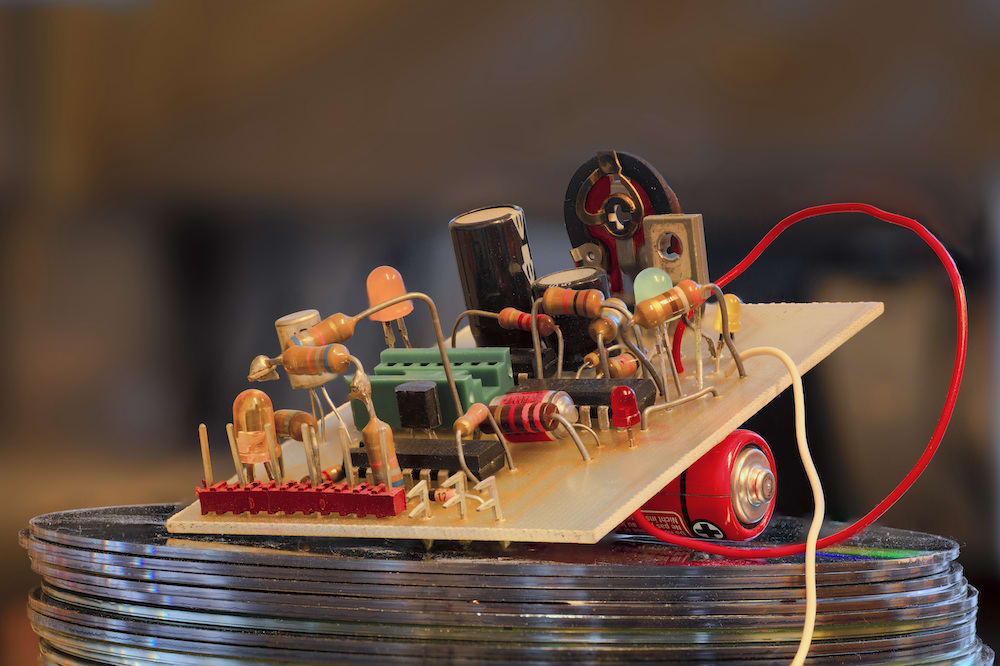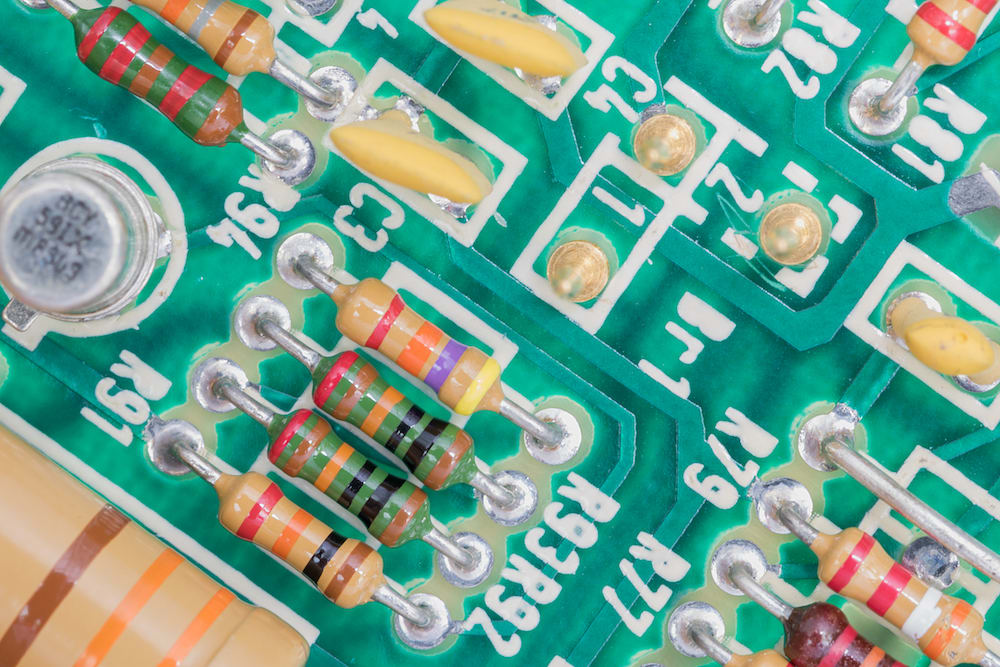- Published 9 Jan 2024
- Last Modified 6 Mar 2024
- 5 min
Passive Components: Silent Workers of the Electronic World
Explore the roles of passive components in electronics, from resistors to inductors, crucial in today's devices and innovations.

In the intricate world of electronics, passive components play an integral yet often understated role. These components are the silent workers in countless devices we use daily, forming the backbone of electronic circuits. From the smartphone in your pocket to the advanced machinery in manufacturing plants, passive components are omnipresent, working quietly but effectively to ensure the functionality and stability of electronic systems.

What are Passive Components?
Passive components are essential elements in electronic circuits that do not require electrical power to operate, unlike their counterparts, active components. They perform fundamental tasks like storing energy, resisting current, and filtering signals without amplification or oscillation. This distinction is crucial in understanding electronic design, where passive components work in tandem with active ones to create balanced and efficient circuits.
Types of Passive Components
The primary categories of passive components include resistors, capacitors, and inductors, each with a unique role in electronic circuits. Resistors, found in almost every electronic device, control current flow, while capacitors store and release energy, crucial in filtering and timing circuits. Inductors, used for storing energy in magnetic fields, are key in power supply inductor applications and RF (radio frequency) circuits. Alongside these, wire terminals play a supporting yet essential role in ensuring secure and reliable electrical connections within these circuits, showcasing the versatility of these components in both consumer electronics and industrial applications across Australia.
What are Resistors?
In electronic circuits, resistors are vital for controlling current and voltage. They come in various types, each suited for specific roles, from fixed resistors offering consistent resistance to variable ones like potentiometers for adjustable control. Resistors ensure circuit integrity and precise performance in applications from simple LED brightness control to complex industrial machinery. Globally, resistors are crucial in the electronics industry, particularly in precision-demanding applications like telecommunications, where they manage signal strength for clear communication. Reflecting this importance, their role is equally significant in technologically advanced countries like Australia, where they contribute to the robustness and precision of various electronic systems.
What are Capacitors?
Capacitors play a critical role in electronic circuits, primarily due to their ability to store and release electrical energy. This capacity, known as capacitance, is crucial for stabilising voltage and regulating power flow. In telecommunications, a field that is rapidly advancing in countries like Australia, capacitors are essential for signal processing, filtering, and providing a stable power supply, thereby ensuring efficient and reliable communication. From everyday household appliances to intricate communication systems, capacitors ensure consistent performance and reliability in a wide array of electronic devices, aligning with the global trend towards more sophisticated and connected technologies.
What are Inductors?
The principle of induction, which underlies the function of inductors, is pivotal in power supply inductor applications and RF circuits. Inductors are used to manage current fluctuations and filter noise in power supplies, ensuring smooth operation. In RF applications, they are crucial for signal processing, underlining their importance in communication technologies.
Advancements in Passive Components: From Core Materials to Miniaturisation
As reported by Koncept Analytics, the global market for passive components is anticipated to reach US$39.68 billion by 2023, a growth driven by the surging demand for miniaturised electronic components. This significant market expansion reflects the advancements in core materials and miniaturisation that have enhanced the performance of passive components. Among these advancements is the integration of specialised elements like thermocouple cables in various electronic applications. The trend towards smaller, more efficient inductors and other passive elements, along with the accurate temperature-measuring capabilities of thermocouple cables, is aligned with the global push for compact and sophisticated electronic devices, an area where Australia’s growing tech sector is particularly active.

The Unseen Heroes of Electronics
Revisiting the indispensable nature of passive components of electronics, it's clear that these silent yet significant workers play a pivotal role in the electronic world. Their unassuming presence belies the critical functions they perform, ensuring the efficiency and reliability of electronic devices and systems.
RS Components consistently champions innovation in technology. Our role extends beyond high-tech solutions; we are also committed to enhancing industry knowledge with resources like our exhaustive guide on industrial electrical safety and an informativeguide on electrical wiring colours. These comprehensive guides are critical tools for making informed decisions tailored to your operations. Partner with RS to transform and streamline your industrial processes today.
Popular Passive Components Brands
TE Connectivity
TE Connectivity excels in creating cutting-edge passive components, such as robust inductors and capacitors, designed for demanding environments like aerospace and automotive electronics.
Related links
- Xpelair 92961AW Simply Silent Round Ceiling Mounted Wall Mounted 54m³/h,
- Understanding the Core Principles of Relays & Signal Conditioning
- Xpelair 92967AW Simply Silent Round Ceiling Mounted Wall Mounted 54m³/h,
- Xpelair 92965RS Simply Silent Round Ceiling Mounted 54m³/h Pull Cord
- Name Badges
- Piezo Buzzers
- Neutrik Jack Connector 6.35 mm Cable Mount Mono Plug, 2Pole 15A
- MikroElektronika Silent Step 3 Click for TMC2660 for TMC2660